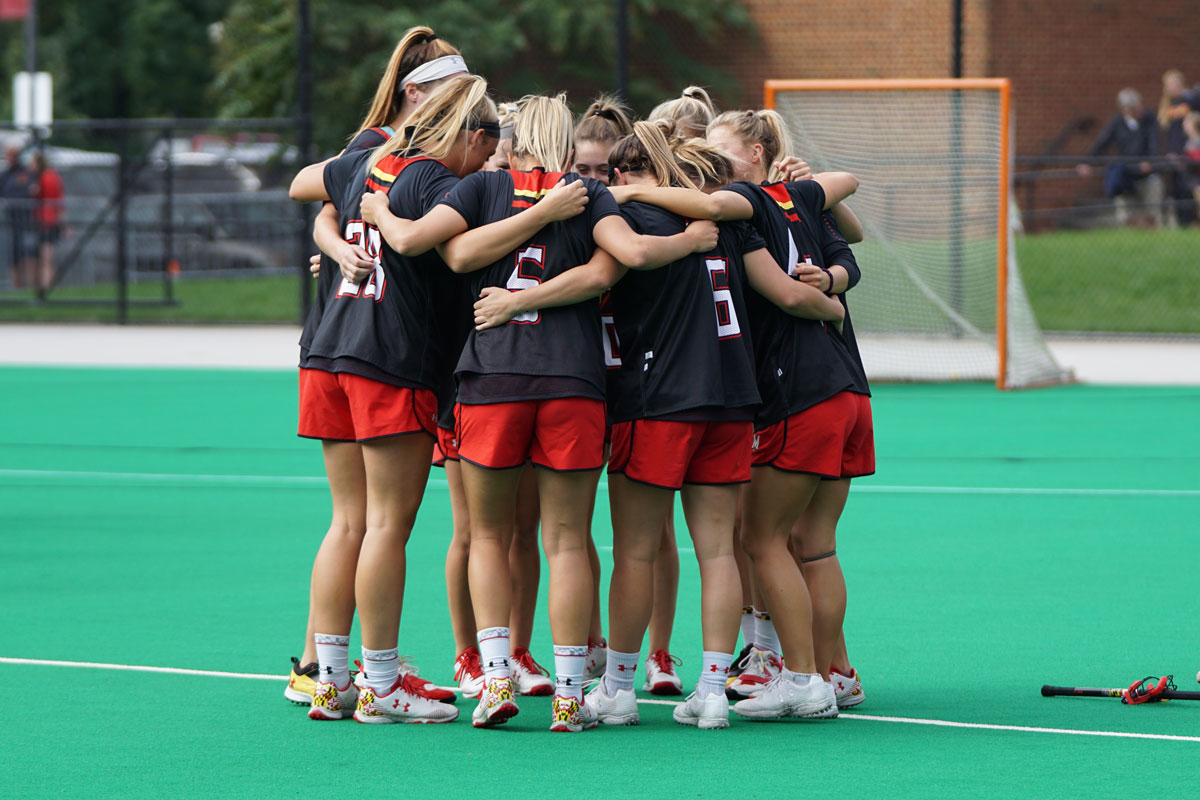
Before we know it, a weaker team can beat a strong team and be the surprise of the season. Why is this happening? How something like this is possible?
There can be many reasons but the basis of a team's success is to be a team. What does it mean to be a team? This is necessary to always set at the beginning of the season and define what it means for whom to be a team. What does it mean to whom, for example:
-do my responsibilities (eg I always finish the player even if I no longer have to),
-trust in the team (eg backchecking),
-team in the first place (eg when I'm exhausted I will change),
-do on 100% (eg I will work on myself to reach my maximum).
There are many possibilities, but the first step is to set rules that do not tell us about tactics or game performance, but rather about humanity and approach.
As soon as you set the rules in the team, each player knows what to follow. He will know what to do to be responsible, play 100%, the team is in the first place, that he does not give up and they will always stick together. This will show you who really belongs to the team and who is just "there". Every single member should follow all responsibilities. But at the same time, he must care about the team in which he plays. If they will not like each other as people, it will be very difficult to build a team between them that can beat even the strongest opponents.
Sometimes it is much more important to build a team on people and their human qualities that can contribute to a well-functioning team. It's better than building on the strong individual game abilities of the players, but as people in the team, they can disrupt overall team dynamics.
Basic elements for building trust in a team:
1.Coach’s trust in the team and Team’s trust in the coach.
-The trust starts with the coach. The team needs to trust the coach in his decisions and tactical instructions. However, the coach is the first to trust the team, hold them in difficult times. He should show them that he respects them especially as people but also as players and that he respects them and appreciates their contribution to the team.
2. Trust in the team between individual players
-It is necessary to start with team meetings where not only tactics will be solved. But also topics like who is satisfied in the team, what he likes, and what he needs for better functioning in the team.
-One of the team meetings you can open the topic of what it means for whom to play for the team (it can be game activities or human abilities, but as soon as it is said and the players agree on it, the rules in the team will be created. These rules will be followed and thus everyone knows when they say to play for the team what it means to them individually and what responsibilities they have to fulfill).
3. Players’ trust/belief in him/herself.
-Players must trust their abilities and skills to be able to meet the tactical, physical, or human requirements placed on them by the team. Self-confidence is key to whatever we do in life. If other team members also rely on us, we do not want to betray them and weaken the whole team.
So how can you help build trust in the team?
1. Set a common goal and the way you reach it (team rules on the field)
2. Define the roles of individual players and their responsibilities
3. Set up a system of "rewards" but also "penalties" for them / compliance with rules/responsibilities
4. Boost self-confidence
5. Communicate openly and honestly in the team
We hope that our advice will help you build trust in the team and achieve the success that you will set out together.